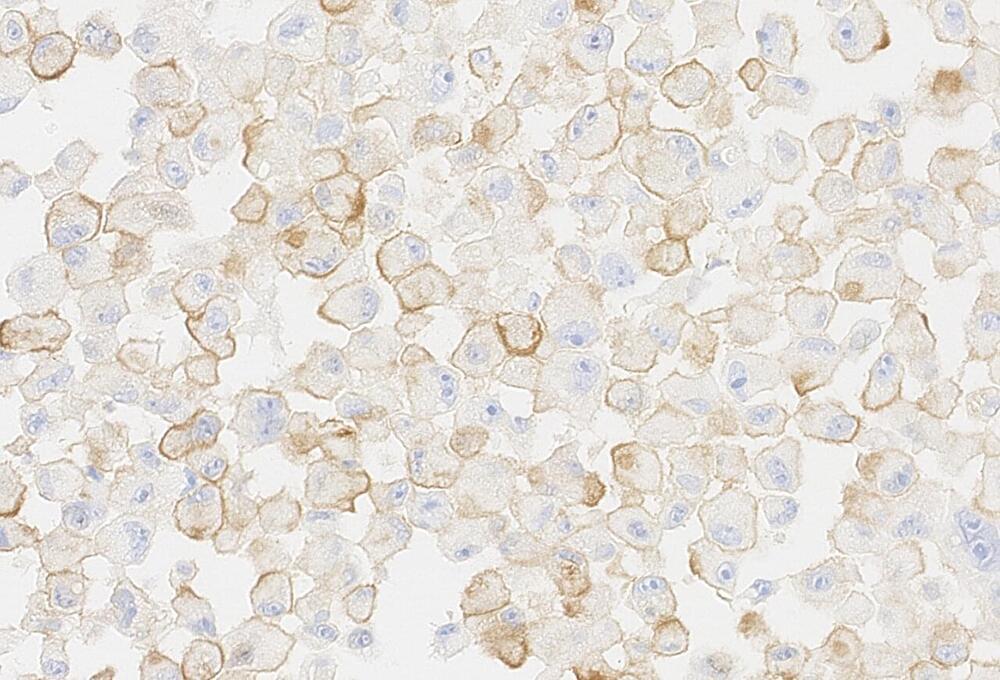Cancer treatments, including chemotherapy, in addition to killing a large number of tumor cells, also result in the generation of senescent tumor cells (also called “zombie cells”). While senescent cells do not reproduce, they do, unfortunately, generate a favorable environment for the expansion of tumor cells that may have escaped the effects of the chemotherapy and eventually result in tumor regrowth.
An international team of researchers led by Dr. Manuel Serrano at IRB Barcelona has described in Nature Cancer how cancer cells that have become senescent after chemotherapy activate the PD-L2 protein to protect themselves from the immune system while recruiting immune suppressor cells. The latter creates an inhibitory environment that impairs the ability of lymphocytes to kill cancer cells.
Based on these findings, scientists wondered what would be the effect of inactivating PD-L2. Interestingly, senescent cells lacking PD-L2 are rapidly eliminated by the immune system. This intercepts the capacity of senescent cells to create an immunosuppressive environment and, as a result, lymphocytes retain their full capacity to kill those cancer cells that may have escaped the effects of chemotherapy.
